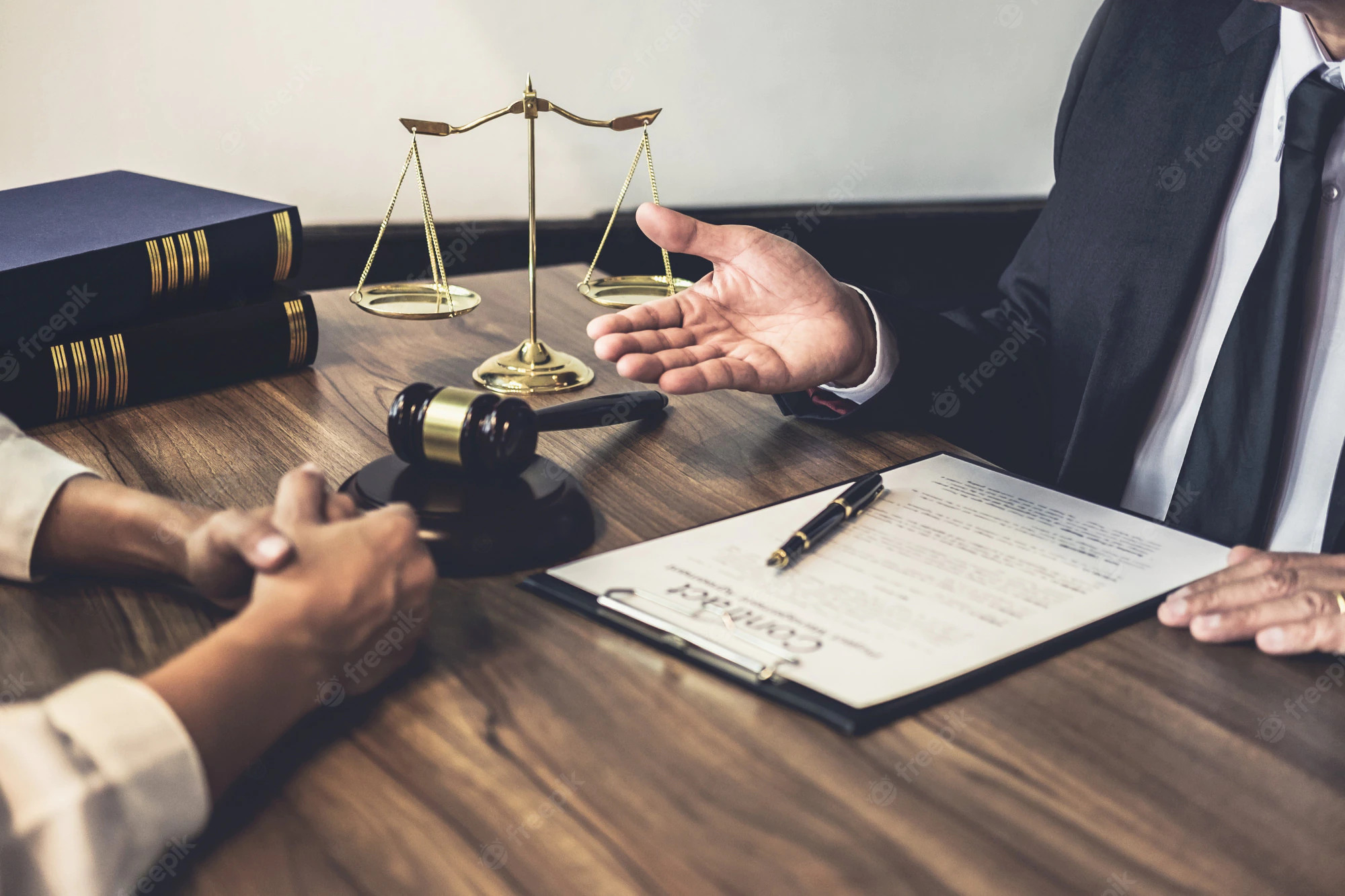Table of Contents
ToggleWhether you’re looking to make changes to your current estate plan or looking to create a new plan, a property will lawyer can help you manage your money and property. They can also help you determine who will be your executors and beneficiaries. Looking for best wills and estate lawyers melbourne?
Identify the recipients of specific assets in a will
Identifying the appropriate beneficiaries of your hard earned loot is not an easy task. The best bet is to go about it in a planned fashion. One savvy choice is to hire an estate planner to handle the proceedings. An estate planner is in the best position to pick out the winners from the pack. After all, a planner isn’t likely to take any shortcuts in the name of parity. Having an estate planner is the best bet for making your family’s heirs happy in the event of your demise. This entails a little homework and a hefty stipend but it pays off in the long run.
Manage your money and property through a trust
Putting your money and property through a trust can help you manage your assets after you’re gone. The trust will allow you to choose the way that you’d like to have your assets distributed, and to specify how much you’d like to be paid out at regular intervals. It can also help you avoid probate.
Organizations
A trust is a legal document that allows you to leave property to people or organizations without the property going through probate. Wills and trust also allows you to protect your legacy from creditors or irresponsible beneficiaries. A trust can also be used for medical and charitable planning.
A trust can be set up with the help of an attorney. An attorney will help you determine the right type of trust, and they can also help you avoid unintended tax consequences. A best lawyer melbourne can also help you choose the right trustee.
A trust is important, because it can give you the peace of mind that your assets are being managed in a way that’s in line with your wishes. Trusts can also help you manage your assets during your lifetime.
If you’re planning to leave money to children, you can create a trust that specifies how much you want to give each child at a specific age.
You can also create a trust that allows you to leave specific pieces of art, jewelry, or collectibles to museums or nonprofit organizations. You can also set up a trust that allows your children to inherit assets without having to go through probate.
Unclaimed property can help you get the property that you may have lost track of
Approximately 1 in 10 Americans have unclaimed property. This includes bank accounts, insurance payments, uncashed utility dividends, stocks and mutual funds, and even the contents of abandoned safe deposit boxes.
If you’ve lost track of your property, you’ll need to file a claim with your state. The state will use this information to search its databases for the rightful owner.
You can search for unclaimed property for free at your own state’s website. Most state websites are easy to navigate, but the format varies.
National Association of Unclaimed Property Administrators website
You can also go to the National Association of Unclaimed Property Administrators website. It provides links to your state’s agency and offers a bird’s eye view of the area. It also has a searchable database that allows you to search for unclaimed property nationally.
Some states use radio, social media, and special section ads in newspapers to search for owners. They may also subscribe to online contact databases. However, you should be careful when you go to third-party sites. They may charge a fee to search for unclaimed funds.
Some people “cruise” the database for large amounts of money. Some states even set up kiosks in malls. You can also use free online resources to search for unclaimed funds. These resources are managed by your state, but be careful. You don’t want to get taken by a sleazy website.
You’ll need to fill out a claim form and provide evidence of ownership. If you’re not sure how to go about this, you may want to hire an unclaimed property lawyer to draft a contract for you.
Identify the executors of your will
Identifying the executors of your property will is an important step in the estate planning process. While there are many factors to consider, choosing the right person to handle your estate is a personal decision.
The best way to do this is to make sure that the person you choose is willing and able to take on the role. This person will be responsible for paying off debts, settling assets, and other duties. You may also need to get an attorney to assist you with the process.
There are many things to consider when choosing an executor, including the legal and practical aspects. This person will need to be at least 18 years old and legally able to hold the position. This person will need to be in the state where your decedent lived at the time of their death.
The first thing to do is to get certified copies of your deceased person’s death certificate. This will be used to confirm the validity of your will. This document will also need to be filed in the probate court of the county in which your decedent lived.
Identifying the executors of your will will also help you determine who inherits your property. This person will be responsible for distributing the remaining property in accordance with the will. You can also name co-executors, which are two or more people who will take on certain duties.
Unclaimed property can be turned over to the unclaimed property office in your state
Almost one in 10 Americans is believed to have unclaimed property. This includes money and intangible items owed to an individual or business. These can include stocks, bonds, money orders, utility accounts, and even uncashed checks.
Unclaimed property can also include unpaid wages. The Department of Labor (DOL) keeps unpaid wages for three years. If you do not receive your wages, contact the DOL to see if you qualify for an unclaimed property claim.
Unclaimed property can also be found by searching the state’s multi-state database. Some states require businesses to report unclaimed property, while others are free for residents to access. Depending on the state, you may need to pay a fee to receive your unclaimed property.
The Unclaimed Property Program is designed to help citizens find lost property
This includes property owed to individuals, businesses, churches, and nonprofit organizations. The program is administered under Chapter 523A of HRS. The program is designed to return unclaimed property to the owners who prove that they are the owners of the property.
Unclaimed property is turned over to the state government by businesses, banks, and other financial institutions. This type of property may include uncashed checks, money orders, insurance policies, and unused gift certificates.
Businesses and financial organizations have the responsibility to maintain related records for five years after unclaimed property is reported. They may have to send a letter of due diligence to unclaimed property owners.








